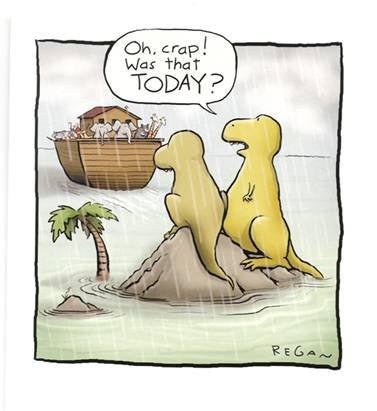
Someone recently quoted to me the saying that the most beautiful flowers die first because those are the ones which are picked. I looked at the person and replied ‘those which are killed first are those designated as weeds’.
Often in the pursuit of perfection, love, happiness, and all that American Dream Jazz, we overlook the things which really matter. Kafka was fascinated with the fact that, before going to kill his son Isaac, Abraham ‘set his house in order’, he made sure that everything was perfect before setting out to slaughter his child to prove that he loved God.
There are many ways of interpreting the story of Isaac and Abraham (see Kierkegaard’s Fear and Trembling for the best analysis), I, like Kafka will focus on what it means to set one’s house in order. As with the flowers, for them to blossom the ‘weeds’ must be destroyed, as with Abraham, to make himself into a great and holy man, his son must be destroyed. The conceit in both of these actions is glaring. One is declaring that one’s definition is the right definition and all others are inferior. One well knows that in the bible it is written that before you remove a splinter from your neighbour’s eye, you must remove the plank form your own. In this it is saying that to be of value one must first correct one’s own faults rather than another’s. With the weeds, why not rename them flowers (would a weed by any other name not smell so sweet?) for often it is the weeds which contain the medicinal properties whilst the harlots, aka flowers, just look pretty.
‘Neither need you tell me,” said Candide, “that we must take care of our garden.” “You are in the right,” said Pangloss; “for when man was put into the garden of Eden, it was with an intent to dress it: and this proves that man was not born to be idle.’
Voltaire
It is quite apparent that the rise of systems (capitalist/communist) has change the landscape, not only external but also internal. Karl Marx wrote:
‘Religion is the sigh of the oppressed creature, the heart of a heartless world, and the soul of soulless conditions. It is the opium of the people’
In which he is condemning religion (not realising that people now see him as a religious figure, go figure) yet if one is to study religion in depth, to look at the teachings from Lao Tzu, to Jesus, to the Buddha etc one will see that religion is, primarily, about tending to one’s own flaws so that one can be of real use and purpose within this ‘weary world of woe’ (not necessarily but I really like that Dylan line and use it whenever I can). Whilst I am not a fan of organised religions and find them, somewhat, lacking in gravitas and usefulness it is clear that through religion, philosophy, psychology and the natural sciences one can get a better perception of one’s own self and place in the world for, although the external landscape may change, the internal landscape of who we are and our needs is constant, and maybe, just maybe, we might discover that we are the weeds and it is us that needs to be changed so that we can blossom in a world of woe and, inch by inch, measure by measure, make the world a slightly more beautiful place for all, not only for those arbitrarily designated as flowers.
Why not?
‘till next time




